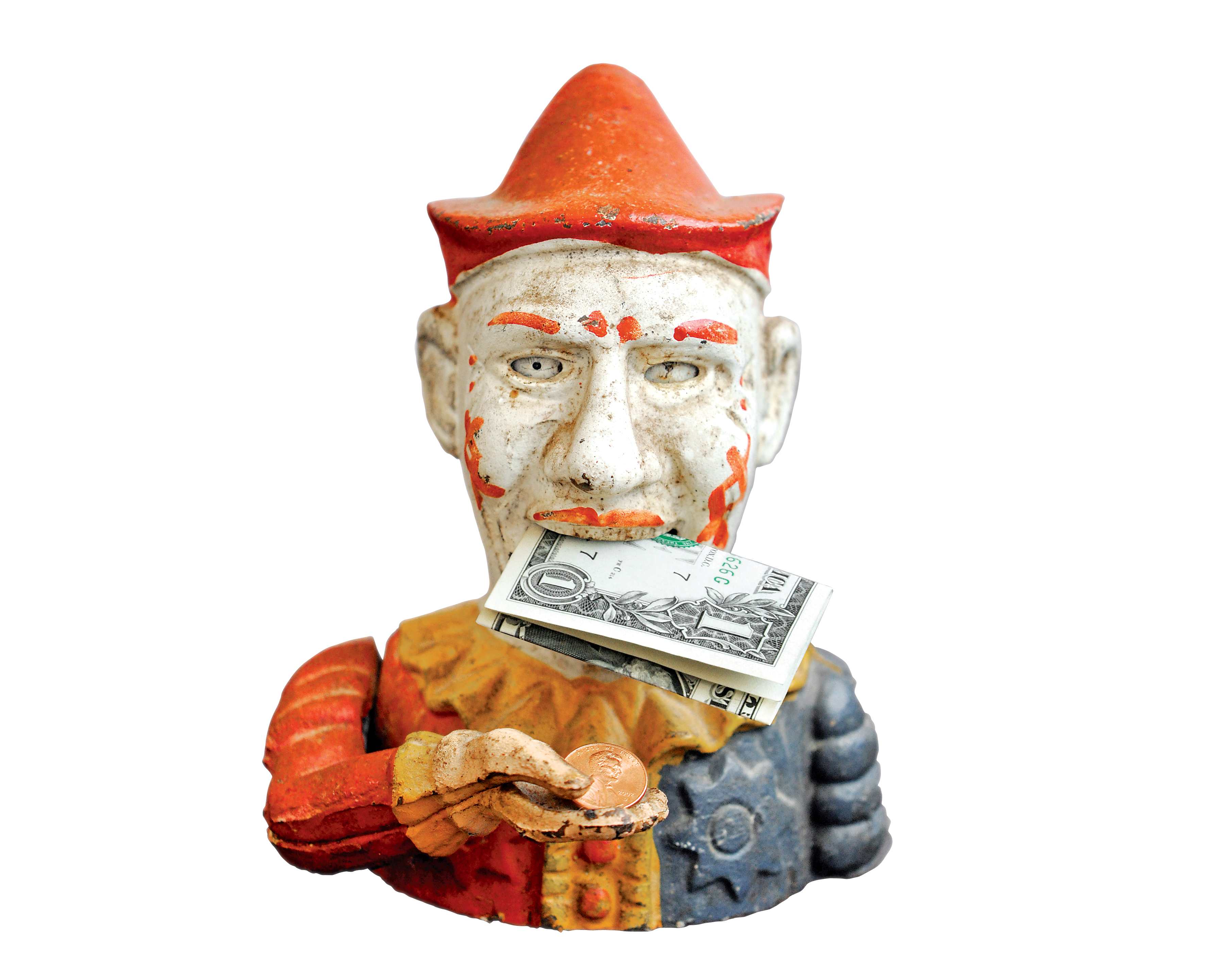Losing interest? CD investors feel the bite of a dollar saved, a penny earned
Friday, January 1, 1904
AVERAGE CD RATES3 months -- 0.13 percent1 year -- 0.30 percent2 year -- 0.48 percent5 year -- 0.99 percentSource: Numbers as of Sept. 21, BankRate.comINFLATION RATESPast 12 months - 1.7 percent2013 projection - 1.6 to 2 percent2014 projection - 1.6 to 2 percent2015 projection - 1.9 to 2 percentSources: U.S. Bureau of Labor Statistics consumer price index from August 2011 to August 2012, Federal Reserve Bank price index for personal consumption expenditures
Inflation is gobbling up North Brainerd retiree Ann Pierre's money, and there's little she can do about it.
She usually invests in certificates of deposit. But with the Federal Reserve Bank pushing down interest rates to try to help borrowers, savers like Pierre are paying the price. The announcement by the Fed last week that the central bank will try to keep rates low through at least 2015 means seniors and others relying upon CDs for their income won't earn much on their money.
"At my age, I don't wish to risk my money so I'm just going to keep what I have and take what I can get for interest rates," Pierre said. "I don't know what will happen in the next couple years. I'll just have to do whatever everybody else does, whatever the secure way is."
Thousands of savers across the country are suffering under federal policy aimed at encouraging investment and spurring the economy back to health. That's forcing retirees like Pierre to make a choice - watch the principal on their investments dwindle or turn to riskier investment.
"It's better than having a depression," Pierre said.
Federal Reserve Chairman Ben Bernanke hopes the central bank's decision to buy $40 billion worth of mortgage-backed securities each month until the economy improves will spur economic growth. Low-interest rates help consumers with large purchases like homes, but they can hurt savers.
"It's been pretty brutal. Savers in general have really gotten the short end of the stick," said Claes Bell, senior banking analyst with BankRate.com. "Bernanke has pretty much admitted that the Fed policies have hurt savers, but he also said in order to achieve an economic recovery, that's a price he's willing to pay."
In the meantime, savers may feel uncomfortable.
"There's basically two types of people who deal with money out there. One is the saver, and one is the investor," said Jim Place, partner at Chattanooga's Evergreen Advisors. "This market is forcing savers to become investors to make a reasonable rate of return, and they're forcing that saver to accept risk that he or she wasn't comfortable with."
CDs are a popular investment option for retirees because of their guaranteed returns, but since the recession those rates plummeted to less than half a percent, about a 75 percent drop.
Those negligible returns turned longtime Dayton, Tenn., resident Larry Jacobsen off of CDs. He's not interested in risky investments either, so he decided to keep most all of his money liquid and pay down whatever credit card bills or car payments he can.
He said that's better than squirreling away money in an investment that can't even keep pace with inflation.
"Point three percent, 0.4 percent, 0.5 percent, what's the point?" he said. "What's the point of tying something up with that kind of deal?"
More than 16 percent of American families hold CDs, according to a 2007 Federal Reserve survey, the most recent data available.
Those CDs become more important for retirement-age investors, a quarter of whom hold the investments. CDs accounted for just under 20 percent of income for 60- to 90-year-olds and more than a quarter of income for those over 90.
"These folks are in kind of a tough position. They've been relying on CDs for a long time," Bell said. "They really don't have a lot of margin for error when it comes to investing."
So many retirees like Pierre will sit on their investments, feeling inflation-rate losses are a better option than the potentially volatile changes of the stock market.
Still, Place recommends everyone with money to invest meet with a financial adviser and figure out a strategy that balances risk and security.
"If I'm 23 I don't worry about it. If I'm 65, I need some percentage of my money invested to hedge against inflation," Place said.
Of course, that often means risking a fixed income on a portfolio that's never a sure thing.
"Some people are just incredibly uncomfortable with making that change, but they do need to be willing to adjust their lifestyle accordingly," Place said. "They've got to understand what the consequences of their decision are."
